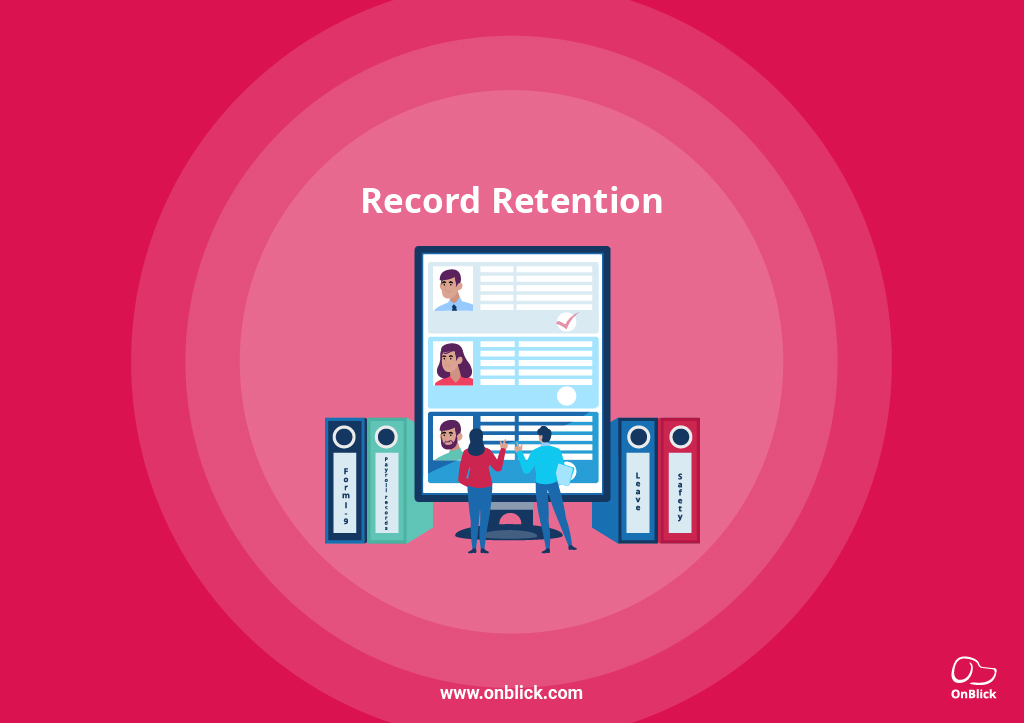Every business owner faces various challenges that can adversely affect their organization. HR compliance issues are often a nightmare for most employers since the repercussions can be very stressful for employees and the business.
Due to the increasing number of HR regulations and the changing landscape of the industry, employers must have the necessary tools and resources to ensure that their operations are in compliance.
This article discusses the most critical aspects of HR compliance employers should be aware of.
Human Resource Compliance
Besides having effective and efficient HR management, it is also vital that an organization takes the necessary steps to ensure its compliance with the laws and regulations of the country/countries the business is based.
This can include implementing policies and procedures that are consistent with the requirements of the employment law. Disregarding legal necessities can result in fines and even criminal consequences. HR compliance encompasses processes that protect the business’ reputation and promote a positive work environment.
HR Compliance: 12 Major Factors
Implementing proper policies and procedures consistent with the employment law requirements and having the appropriate resources can help ensure that the organization follows all of its legal obligations.
1. Compliance with federal employment law
Most businesses follow some form of employment law that governs the relationship between an employer and an employee.
For employees, these laws work to:
- Prevent discrimination
- Promote health and safety
- Establish a minimum required level for economic support
- Prevent work disruption due to disputes between labor and management
2. Compliance in recruiting
Due to the rise of passive candidates and the increasing expectations of today’s talent, it is now harder to find top talent in the jobseekers’ market. This is especially true for small businesses.
To compete with the increasing number of job seekers, small businesses need to change their recruiting strategies and improve their HR resources. They also need to keep track of the new laws regarding onboarding and recruiting. Employers should validate if the recruiting strategy goes hand in hand with the employment law.
3. Data compliance
One of the most critical factors that a company should consider about data privacy is ensuring its employees have the necessary access to and use its information. This can be done by implementing policies and procedures designed to protect the confidentiality and security of client information. Secured data security will prevent companies from committing illegal activities and falling into lawsuits. Employers should be aware of their data security and all the resources that collect and save data.
4. Wages
The minimum wage is the lowest acceptable payment that employers can give their workers. It varies depending on the country and region where it is established. Setting wages for the employees should be done with clarity on the type of work and the working hours as well as follow the employee wage policies of the state or the country.
5. Working hours
Although there is a global standard for working hours, different countries have their own laws regarding overtime, minimum and maximum working hours, etc. These laws guarantee that employees are compensated according to their employment obligations. Employers should have clear information regarding the above.
6. Leave schemes
Several organizations offer paid leave schemes. If you are one among them, make sure you adhere to the labor laws regarding the same. Proper leave schemes will allow employers to have an efficient workforce, avoid unnecessary leave applications, and stay compliant with the employment act of the state or the company.
7. Employee benefits
Employees in different countries are entitled to various benefits, such as social security. However, some companies have started offering retirement and unemployment insurance policies. Providing employee benefits is an inevitable part of compliance with the law and regulations.
8. Compliance with the insurance policies
Each country has its insurance policies that are mandatory for organizations. Insurance benefits are something that companies should pay proper attention to while hiring workers. Employers should be wary that the Affordable Care Act imposes penalties on larger employers that fail to provide health insurance.
9. Compliance with the Tax system
Tax compliance involves being aware of and observing the state, federal, and international tax laws and requirements set forth by government officials and other taxing authorities. Hence, employers should implement a proper tax system and entrust the accounts department. Make sure to look for additions and deletions to avoid penalties or lawsuits for not paying the considerate amount as tax.
10. Check the harassment policies
As per the U.S. Equal Employment Opportunity Commission, “harassment is unwelcome conduct that is based on race, color, religion, sex (including sexual orientation, gender identity, or pregnancy), national origin, older age (beginning at age 40), disability, or genetic information (including family medical history)”. Employers should consider establishing solid policies and procedures against harassment in the workplace to avoid any compliance issues. They should be aware of the Harassment policy regardless of the company’s size.
11. Inclusion of diverse workforce
Due to the increasing number of laws and regulations focused on increasing diversity and inclusion in the workplace, many companies have had to change their recruitment and HR policies.
Having an inclusive and diverse workforce can help a company meet the expectations of its employees and improve its overall business. Aside from complying with various employment laws, having an inclusive and diverse workforce improves business innovation and performance.
12. Policies for remote workers
When it comes to hiring and retaining remote workers, it is very common for companies to face compliance issues. Understanding the laws in different countries for remote workers is crucial to ensure that employees are paid, considered and supported according to their labor and employment obligations. This includes expectations of working hours, legal rights, and cybersecurity requirements.
Conclusion
Every business should review and revise its policies and practices to ensure that they comply with the laws in the jurisdictions where they are located. We hope this article helps employers navigate the various steps in implementing these changes and guarantees regulatory compliance.

.gif)

.png)
.png)



.png)







